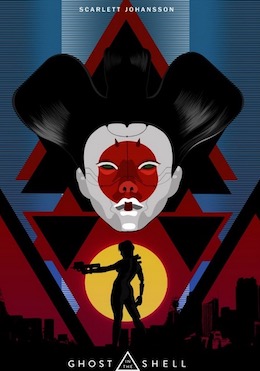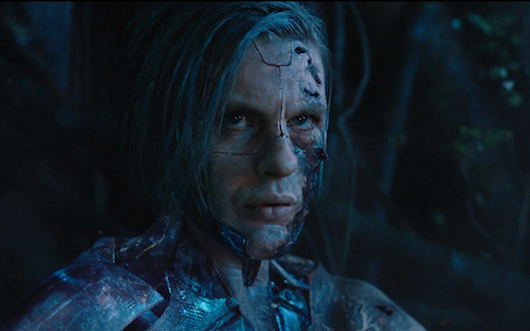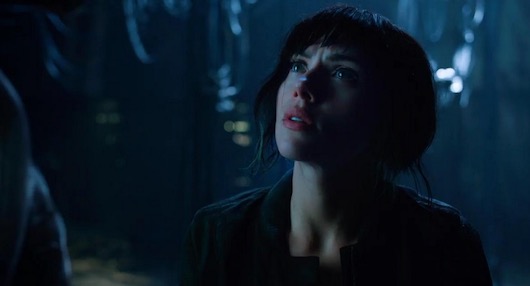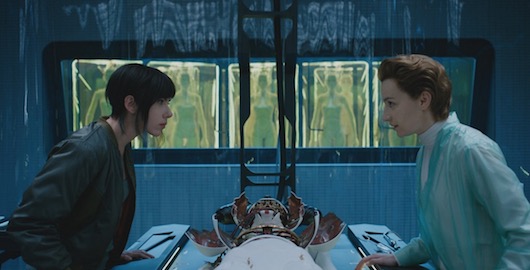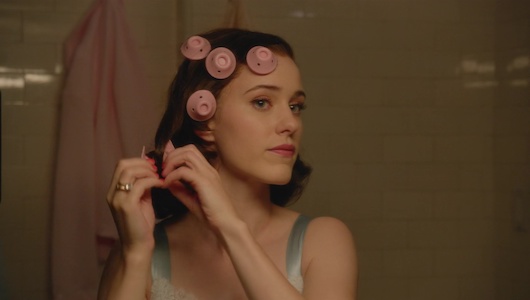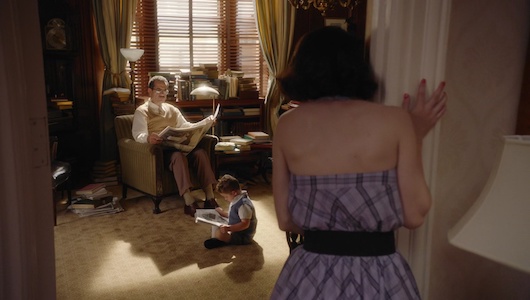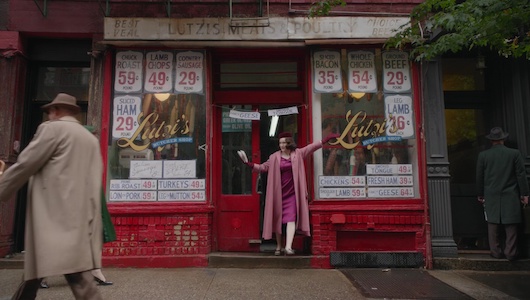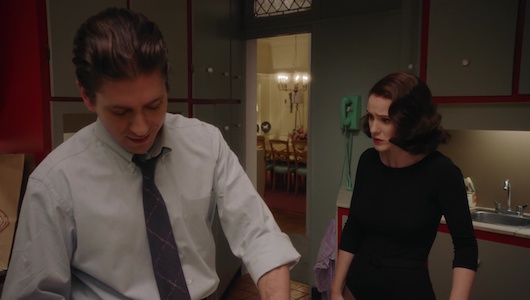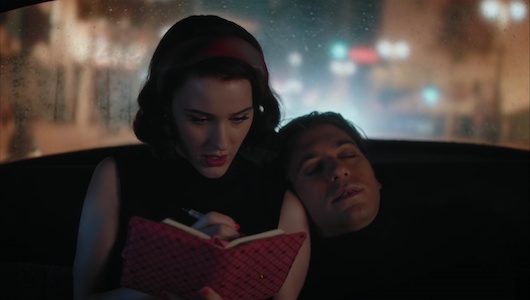 TV
TV In Which We Live In Detroit Until We Find Something Better
 Friday, April 14, 2017 at 10:11AM
Friday, April 14, 2017 at 10:11AM 
Alcohol-Related Pun on Steel City
by ETHAN PETERSON
Detroiters
creators Tim Robinson, Sam Richardson, Zack Kanin and Joe Kelly
Comedy Central
 Sam Duvet (Sam Richardson) lives in a crumbling Detroit one-family home by himself. Without a woman in his life, he has to find solace where he can. He loves his city more than anything, and why not? He knows everyone in it. When Duvet and his partner in their advertising agency Tim Cramblin (Tim Robinson) go out to a business lunch, they have six or seven drinks, because they will most likely not be paying. Detroiters focuses on the day-to-day lives of two compulsive, functioning alcoholics in a realistic way we are not used to seeing on television, let alone on a network like Comedy Central.
Sam Duvet (Sam Richardson) lives in a crumbling Detroit one-family home by himself. Without a woman in his life, he has to find solace where he can. He loves his city more than anything, and why not? He knows everyone in it. When Duvet and his partner in their advertising agency Tim Cramblin (Tim Robinson) go out to a business lunch, they have six or seven drinks, because they will most likely not be paying. Detroiters focuses on the day-to-day lives of two compulsive, functioning alcoholics in a realistic way we are not used to seeing on television, let alone on a network like Comedy Central.
For Sam, drinking is a way of dealing with the fact that his sister Chrissy (Shawntay Dalon) has a successful marriage with Tim, while his happiest romantic entanglement comes when a local woman mistakes him for a prostitute. We see Sam when bartenders and other service employees accuse him of drinking beyond his limit – this is the only time he is really mean to anyone in Detroiters. The rest of the show consists of him making allowances for other people in the same fashion as he chooses to do so for himself and his terrible disease.

One particularly tragic episode consists of Sam and Tim trying to round up money to pay for an employee's health insurance. They ask a local attorney for the money that they are owed. Sensing their inebriation, she does not take their entreaties seriously, and they end up with $20 from her son, who purchases a t-shirt from Sam for the purpose of ejaculating into it.
Sam and Tim's other acquaintances are equally seedy, and most of the locations they visit in the city of Detroit consist of either an abandoned school, a restaurant or bar that has not altered in any significant way after the year 1985, or a dilapidated urban residence with few windows or open spaces. Given the dire surroundings, there is plenty of reason to drink in Detroiters.

It is less clear why Tim Robinson (Saturday Night Live, where he was a staff writer) and his character are so focused on consuming alcohol. Tim Cramblin has a productive, loving relationship with his wife and a business he inherited from his father. Later on in Detroiters' nine episode first season (the show has been renewed for a second) we meet Cramblin's massive father (Kevin Nash), who was confined to an insane asylum after portioning out platters of feces to the participants in a pitch meeting. Seeing Tim's biological family ostensibly should help explain his life, but instead it only gives rise to more questions.

Richardson and Robinson are both Detroit natives themselves, and there is a consistent insistence on casting actors who are actually from Detroit, which does give Detroiters a weird verisimilitude. Their attachment to place as a defining factor in their lives is probably simply another byproduct of their alcoholism, but it is a relief to see this illness in a context that is not out-of-control abandon. We sense that Tim and Sam will be alcoholics for their entire lives, and the only thing that will stop them from abusing alcohol and drugs would be to leave Detroit, which they will never do.

There is something a bit perverse about portraying emotionally stunted versions of yourself, but the broadly talented Richardson has already made a short career out of doing this in Veep and in feature films. At times, it is disappointing that in a role he wrote for himself he offers no real introspection in his character. We see Sam reflected in his city, and this view represents only part of the whole. Robinson and Richardson's humor is usually confined to the expectations we have for other people and the world relative to ourselves. When people or events let them down, they are momentarily disappointed, but the combination of alcohol and their own perverted friendship allows them to take the righteous view.
There is this crazy scene in a Mary Karr book – actually this might happen in every Mary Karr book – where stranded for an indeterminate period of time, she unpacks an entire bottle of vodka she plans to continuously sip from for the duration. Sam Duvet has the crutch of his best friend to enable him even when drinking alone cannot cure his sadness or even annoyance at the city where he was born. In its best moments, Detroiters shows how different individuals find something, anything, that allows them to go on.
Ethan Peterson is the reviews editor of This Recording.
































